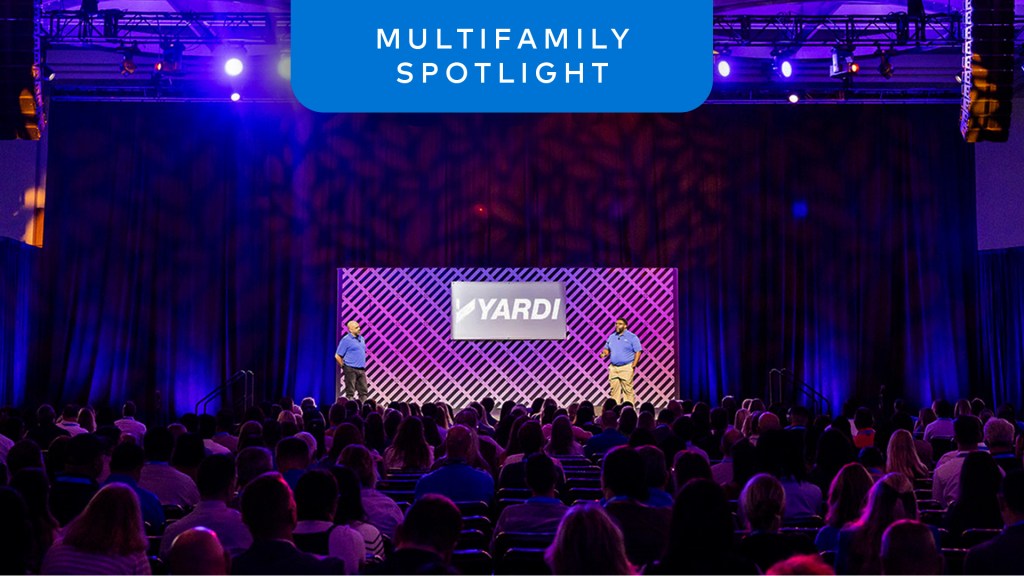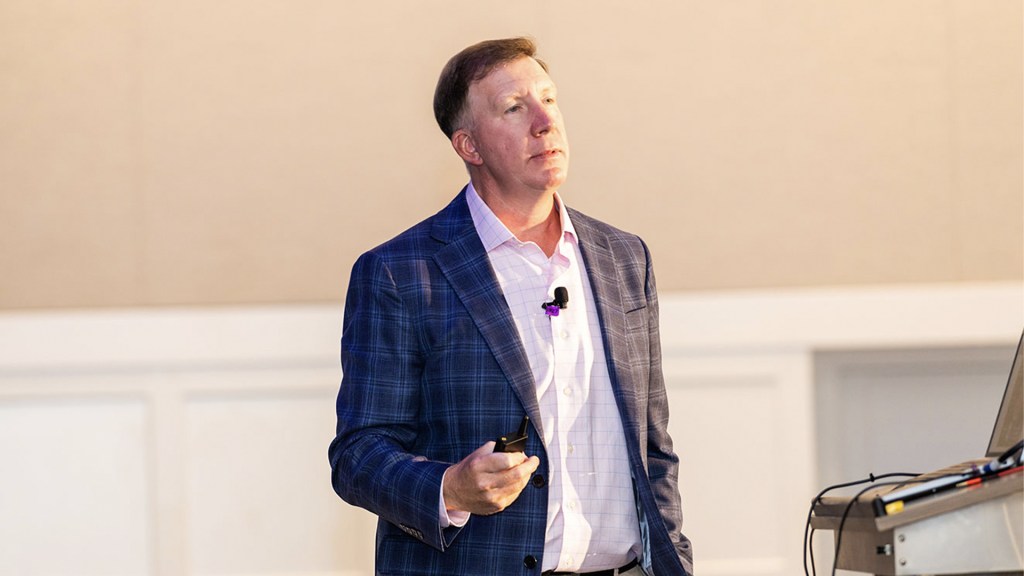By Cutright Elizabeth on December 12, 2016 in News
The senior living industry needs 1.2 million new employees by 2025 in order to meet demand, and that m eans finding new ways to connect with job-hunting millennials.
eans finding new ways to connect with job-hunting millennials.
That “silver tsunami” set to transform the senior living industry will not only change the way providers reach out to residents and provide care, it will also impact staffing and employment outreach. A recent study conducted by Argentum indicates that the senior living industry will have to increase staff by 1.2 million within the next ten years. While some of these new hires will be professionals already working in the industry, a significant portion of potential prospects will be millennials.
So how can a senior living provider successfully connect with these young, tech-savvy job seekers? The answer lies in leveraging the latest technology to cultivate a ubiquitous web presence based on partnerships, networking, and a clear articulation of the non-income benefits of committing to a career in senior living.
The College Connection
According to a recent Senior Housing News report, most college grads conduct their career search through a university program. As a result, the report urges senior living providers to nurture affiliations with local colleges to heighten awareness of career potential within the senior living industry.
“We’re facing some real leadership challenges,” Kevin Heffner, director of external relations at the University of Maryland in Baltimore County (UMBC)/ Erickson School, told Senior Housing News. “Some of the titans of the industry are retiring. We’re doing the best we can to develop leaders to fill that void.
Providing the opportunity for continued education, in the form of a master’s program or internal certification program, would also make a potential employer stand out from the pack. Not only will these incentives lure ambitious recruits, it also provides potential employees with a visible path towards success and establishes a clear commitment to longevity and fostering career growth.
Networking and Online Outreach
In the past, job applicants submitted carefully crafted resumes in person or by mail. Eventually, the process moved online, first through email and then through specific employment portals. While many companies allow applicants to apply online, these days it’s not enough to list openings in only one location.
Job sites like LinkedIn and Indeed are the latest version of a newspaper classified section. For many, the allure of using these sites lies in the ability to connect with other professionals. The urge to network is high within the millennial generation, in part, because this next set of workers are seeking something beyond a mere paycheck.
“Many millennials likely don’t want to switch jobs, but their company is not giving them compelling reasons to stay,” declared a recent Gallup report. “When they see what appears to be a better opportunity, they have every incentive to take it. While millennials can come across as wanting more and more, the reality is that they just want a job that feels worthwhile—and they will keep looking until they find it.”
The Loyalty Challenge
Millennials currently represent a significant portion of the U.S. workforce. Of particular concern to potential employers, almost half of millennial employees already have “one foot out the door.” In fact, the Deloitte Millennial Survey 2016 recently revealed, “two-thirds of Millennials express a desire to leave their organizations by 2020.”
“This remarkable absence of loyalty represents a serious challenge to any business employing a large number of Millennials,” write the report’s authors, “especially those in markets—like the United States—where Millennials now represent the largest segment of the workforce.”
For an industry like senior living, where turnover and longevity are already a challenge, tackling the apparent fickleness of the millennial employee adds another layer of complication. Fortunately, because millennials often make employment decisions based on personal values and the ability to pursue a more meaningful career trajectory, senior living providers may be able to work around what Deloitte calls the “loyalty challenge.”
By learning more about what drives millennial job satisfaction, senior living providers can learn to highlight exactly what makes working with seniors unique and satisfying. By focusing on ethics over profits, senior living employers can show millennials that a career in senior living is not just about a wage and a time sheet, but also about providing comfort, care and connection to residents. With mentorship and career advancement opportunities, the millennial candidate will feel as though they are commitment to something that goes beyond “work” and brings them into better alignment with their own sense of purpose.
“This generation evaluates such success in ways that go beyond a focus on financial performance, increasing the focus on activities and behaviors that support long-term sustainability,” declares the Deloitte survey.
“Millennials want to contribute to the positive impact they believe business has on society, but in so doing, they wish to stay true to their personal values.”


